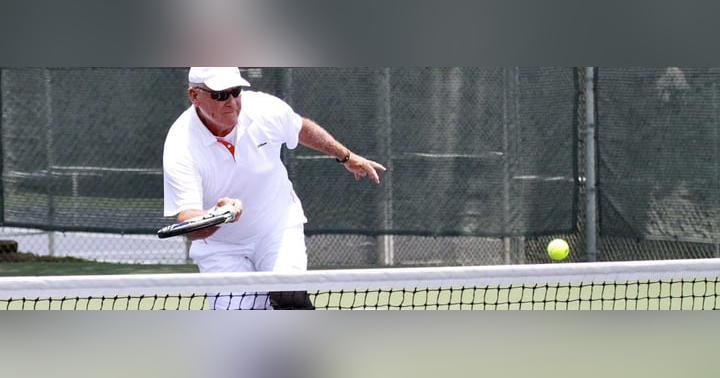How to respond to losses

When looking to improve the mental side of your game most players and coaches will focus on capitalizing on past successes to help improve your game. However, knowing in tennis means you will lose almost as many times as you win, it is critical that players learn to cope with defeat. Failure isn’t something that competitive athletes cope with easily, but being able to learn from mistakes and improve your game is a vital asset.
How to react to failure like a champion
The top racquet sports players will use a loss as an opportunity to ‘get better’ and be better prepared to play the same player or for the same scenarios in the future. Players often let their emotions out and react negatively when they lose a point or game, something that can lead to further failure as the player becomes disheartened. Alternatively, top athletes show the same neutral emotion whether they win or lose the point enabling them to bounce back and win the next point.
When the best players lose a match, often the first thing they want to do is get back on the practice court and work even harder. By being honest about the reasons they lost the previous match, champions are able to learn from their mistakes and improve their game. Having this mindset and drive is part of what turns good players into potential champions and serial winners.
Being able to have a positive mindset after a loss can be tough for many players. Yet, once you learn how to extract the positive from a defeat it will help improve your overall game. Players who cannot cope or respond positively to tennis failure will find it hard to take their game to the next level.
Turning failure into success
The only way you can improve as an athlete is to fail. This is often one of the hardest things to learn as all competitive sports people hate to lose and will fear failure. Dennis Ralston, American tennis legend and Hall of Famer, said: “If you don’t learn anything losing a match, it is a waste of time”. By making mistakes in your game or losing points or matches you can analyze what went wrong (if anything) and leverage that as a way to learn and develop your game. Sometimes you need a accept that your opponent was simply a better player today. Losses can be especially hard for Junior players and coaches who are developing a new strategy or style of play as they progress through the different levels. Losses are inevitable at first. The temptation is to revert to an old style to get the win and feel good in the short-term but they sacrifice developing their game in the long-term.
Players often begin to doubt their ability and use their failures as evidence to support the idea that they aren't good enough. These players will let their emotions get the better of them when losing, which in turn will only result in a drop in performance, confidence, and motivation.
To master anything new in tennis takes time. There is a fine line between trying to master that new tennis skill or strategy, making mistakes and coping with inevitable loss and failure - or staying with what you know, accepting mediocrity and being satisfied with half-hearted performances. Winners hate failure, however, they are aware that in tennis it is inevitable and all an intrinsic part of the growth process.
We're here to help
We are building a growing library of audio tracks and blogs to help players improve all aspects of their tennis game from controlling emotion to strategies, and techniques. Learn how to respond to failure and bounce back from disappointment to help improve the mental side of your game.











